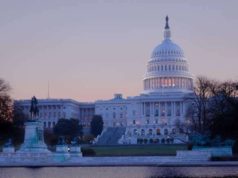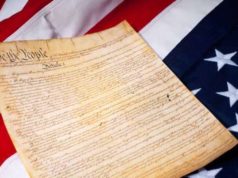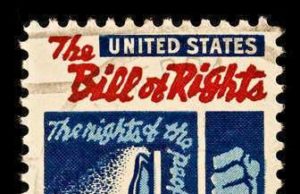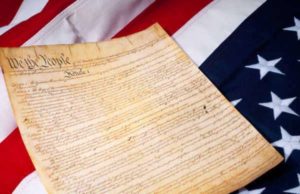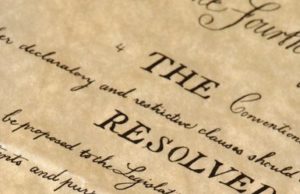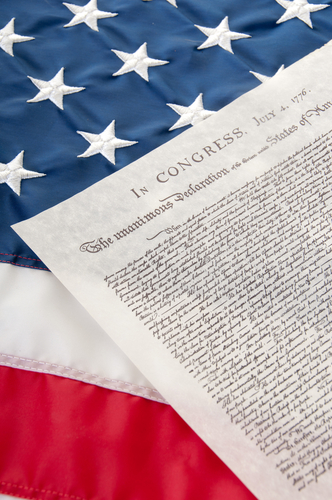Table of Contents
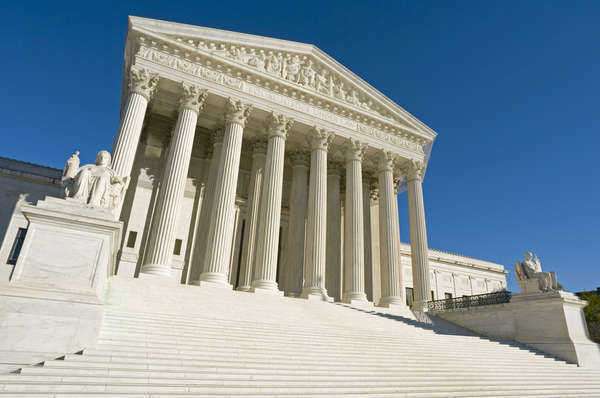
Article 6 of the U.S. Constitution: A Comprehensive Guide to Its Provisions and Importance
Introduction:
Article 6 of the U.S. Constitution is a significant part of the country’s founding document. This article contains essential provisions regarding the supremacy of the Constitution, the oaths of office of government officials, and the prohibition of religious tests. In this article, we will provide an in-depth analysis of each section of Article 6 and its significance for American democracy.
Section 1: The Supremacy Clause
The Supremacy Clause establishes that the Constitution, along with the laws and treaties of the federal government, are the supreme law of the land. This clause serves as the foundation for federal law and ensures that the federal government’s laws and policies supersede those adopted by any state government. This clause has been used to settle conflicts between different branches of government and between the federal and state governments.
Section 2: Oaths of Office
Section 2 of Article 6 requires all federal and state officials to take an oath to support the Constitution. This obligation requires that any official who serves within the U.S. government pledge to uphold the principles set forth in the Constitution. This oath ensures that officials put the interests of the nation above their personal interest or political affiliation.
Section 3: Prohibition of Religious Tests
The Prohibition of Religious Tests clause ensures that no government official can be required to pass a religious test to hold public office. This provision reflects a central tenet of American democracy, the separation of church and state. It guarantees freedom of religion and recognizes the United States’ establishment as a secular state.
Section 4: Debts, Engagements, and Oaths Valid
The final section of Article 6 states that all debts, engagements, and oaths made before the adoption of the Constitution are still valid. This provision makes sure that the laws and agreements made under previous governments remain binding. This allows for continuity and stability in the face of governance changes.
Conclusion:
Article 6 of the U.S. Constitution is a vital component of the foundation of American democracy. The Supremacy Clause establishes the supremacy of federal law, the Oaths of Office requirement guarantees that officials uphold the Constitution, and the Prohibition of Religious Tests clause ensures freedom of religion. The importance of Article 6 cannot be overstated, as it acts as a safeguard against individuals and groups who might seek to undermine the Constitution. Thus, Article 6 plays a pivotal role in ensuring the continuity and stability of American democratic institutions.
According to Article 6 of the U.S. Constitution, all laws (and treaties) made by the United States are “the supreme law of the land.” Both federal and state officials, for example, judges, are required to take an oath to fully support the Constitution, even when state law contradicts federal law.
Unlike the previous Articles of Confederation, the Constitution completely wins over state power. However, the U.S. Constitution also defends the states’ powers in many different ways. This structure of federalism, where the state and national governments share power together, is the main feature of the American government. Along with ensuring this form of federalism, Article 6 also promises a degree of religious freedom in the United States by disallowing any sort of religious test requirement for public office.
The First Clause of Article 6
The first clause of Article 6 simply states that any debts created before the adoption of the United States Constitution are to be considered valid, in the same form they were held under the Articles of Confederation.
The Second Clause of Article 6
The second clause of Article 6 states that according to the U.S. Constitution, federal laws and treaties are considered the supreme law of the land. State court and laws are bound to this supreme law and in the case of conflict between the two, federal law must ultimately apply. This includes the laws described in state constitutions.
The Third Clause of Article 6
According to the third clause, state and federal legislators, judges, and executive officers are bound by affirmation or oath to fully support the U.S. Constitution. The U.S. Congress may decide the form of this oath. However, Congress cannot require any religious test in order to hold an office. While oaths can include the phrase “so help me God,” these words are not required to be said and are therefore not a religious test.


